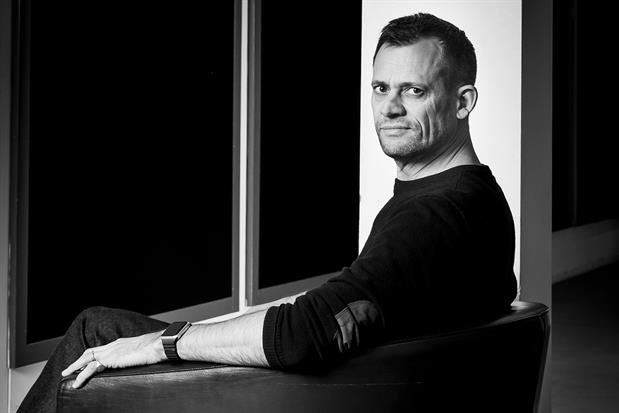A long time ago, I was taught that advertising is too powerful to be left to those that don’t truly care about it.
But throughout history, the industry has drawn people into its fold that don’t really care – not about the true nature of advertising.
Those with a kind of cultural cringe at what they perceive as a business that is insufficiently serious, businesslike, measurable and predictable on the one hand. And insufficiently artistic, cool, cutting edge and influential on the other.
They crave respectability and authority and in doing so attempt to cloak the truth of what we do with pseudo-professionalism when advertising has always been more of a trade than a profession.
Hell, the IPA is even located in super-serious Mayfair in an attempt to distance the business from the seediness of Soho and the tinsel of theatreland, our real spiritual homes.
It’s as if we are still trying to free ourselves from the whiff of showmanship that Paul Feldwick flies the flag for in his recent interview in 北京赛车pk10. Because showmanship, and what Feldwick calls humbug, lie at the birth of our industry and for me remain its most enduring qualities. As Rory Sutherland reminds us, advertising is expensive and difficult because if it wasn’t, it wouldn’t be advertising.
I realise that this is distressing for the wannabe actuaries, artists and activists but the true magic of advertising, the source of its real-world effectiveness lies in its power to entertain. Entertain in a million different ways that move people to emotion whether because its funny, shocking, awe-inspiring, beautiful or the source of anger. But entertain, nonetheless.
We avoid ads when we can and skip ads as soon as we can, because most are tedious and life-sappingly boring. The entertainment crushed by those that say ‘never mind the boredom, feel the CPA’ and those that are desperately trying to force us all to eat ill-placed purpose. At least the former has some commercial nouse, the latter all too often wanders off into a world of corporate wishful thinking that, left to its own devices, will lead every brand to claim a role in lancing war, famine, pestilence and death.
Mel Arrow points this out in her recent analysis of Cannes winners over the past few years in which purpose-led campaigns have progressively eradicated those that attempt to entertain. Just at the moment popular culture is spawning platforms like TikTok, dedicated to entertainment and escapism, the advertising industry would far prefer to bore people than make them laugh.
Of course, there is nothing wrong with the desire to give our brands meaning beyond their utility, we have always sought to do this. But when the ‘why’ is seen an end result and not a means to the sale, I think that smells a little like advertising people with a cultural cringe trying to make this business what it isn’t.
And while I reject Steve Harrison’s belief that this is the result of a pernicious bunch of ‘woke’ lefties taking over the industry, I am with him on the seemingly allergic reaction many in the business have to actually selling.
Because, along with all those that secretly wish they were consultants, accountants, authors, artists or working for NGOs, I suspect they don’t truly care about advertising, not really. And certainly not the deliciously un-serious source of its power. For to sell, you need salesmanship and that my friends has far more to do with show business, carnival and chutzpah than spreadsheets and sanctimony.
Richard Huntington is chairman and chief strategy officer at Saatchi & Saatchi



